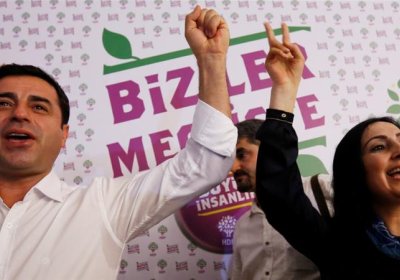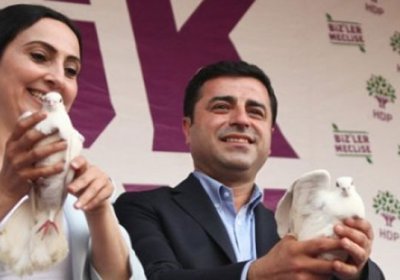The Turkish government has proposed a new law which will ban the use of the words and terms “Kurdistan”, “Kurdish city/cities” and “Armenian Genocide” in parliament.
Parliamentarians who use these words or terms will be fined 12,000 Turkish liras (about $4500) and be banned from participating in three sessions in the Grand Assembly.
Carrying placards, which opposition parties often do to criticise the ruling Justice and Development Party (AKP) government, will also be banned.











